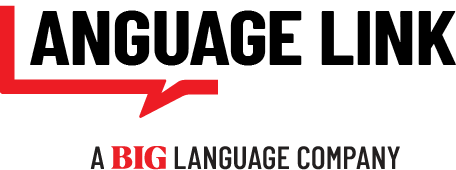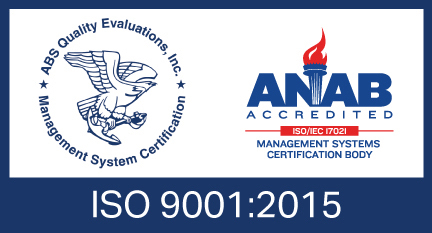When interviewing a language interpretation service company, it is essential to ask the right questions. This article will list ten industry-specific questions you should always ask when interviewing a language service provider (LSP).
1. How do you ensure your interpreters provide quality interpretation services?
Ask for a copy of the company’s recruitment and testing policy for their interpreters. Also, ask about how they monitor their interpreters on an ongoing basis. Interpreters should meet these minimum requirements:
- Have at least two years of experience as a professional interpreter.
- Be tested in English and their target language, with a proficiency score of 80 percent or higher.
- Be familiar with specific terminology for your particular industry, such as medical, legal, financial, or social services.
- The company should have a process for evaluating and monitoring interpreters even after recruitment to ensure consistent quality.
2. How do you schedule your interpreters to cover 300 languages 24/7/365?
The language company should have a specific department responsible for scheduling. This work is typically called workforce management. Scheduling should be done by the hour, language, and interpreter’s skill set. Some companies wait for incoming calls and then contact interpreters, hoping they will be available. However, this leads to long wait times and a bad user experience. Instead, you should ensure the language company you use can forecast and schedule all languages preemptively to ensure faster connection times and interpreter availability.
3. Can I access a customer service team member 24/7/365 if I need help or have a question?
Even if you are connecting directly to the interpreter via an Interactive Voice Response (IVR) system, you should always have the option of connecting to a live operator who can answer questions, handle feedback, or connect you with an interpreter.
4. Do you have in-house telephony, programming, and help desk staff?
Ensure your LSP does more than outsource its programming to another country. Outsourcing may take longer to resolve if there are changes or concerns. As a result, your provider should have their customer support team located domestically and available 24/7.
5. What is the size of the company you are considering?
Smaller companies may have excellent customer service but only offer some of the various bells and whistles you may want, such as access to a client portal. Conversely, larger companies may not give you the attention and service you deserve. It is good to know if the company you are considering is growing and expanding as they will likely partner with you and build a lasting, trusting relationship if they are.
6. Do you have your interpreters, or are you using another interpretation company’s interpreters?
Many interpretation companies do not have an interpreter on staff. These companies typically have five to ten employees focused only on sales, who then subcontract with large interpretation companies to have access to interpreters. As a result, your calls could be going to several different companies located all over the world. And in some cases, these companies switch vendors whenever they can get a better deal, meaning your access to services can be inconsistent and unreliable. In addition, you may not be able to talk directly with your provider’s customer service team if you have concerns, as all communication will likely be routed through the secondary agency. Instead, make sure the company you are working with contracts directly with their interpreters.
7. How much volume do you handle?
How many minutes per month does the company handle, and how many minutes per month in your specific industry? They should be doing at least 500,000 minutes a month to be a viable option for you. How many customers do they serve, and how many customers do they serve in your industry? They should have at least 500 interpretation customers, and many of those should be in a similar industry as you. This ensures they already have interpreters with the experience to provide you with the needed services.
8. What are the connect times to get to an interpreter?
Connection times are critical; the shorter, the more time and money you save. If it takes longer to connect to an interpreter, it may cause your customer to hang up. Connect times should be about 20 seconds on average for Spanish and between 20-30 seconds on average for all other languages. More rare languages can sometimes take longer, especially after regular business hours. Whenever possible, let your provider know what languages you will need and when. The workforce management team can adjust schedules to ensure coverage and faster connect times.
9. Do you have a real-time portal to access calls, reports, and invoicing information?
You must have the ability to get on a customized portal and review a call after it is completed. The portal should include your language, invoicing, and spending reports. It should be easy to use, and your provider should have a team to train you on it at no charge. Ask for information on this before choosing a vendor.
10. Can I make a test call?
Ask the vendor to make a test call. The only thing that matters is connecting to a quality interpreter quickly. If this happens during a test call, you should only move forward with the company.
Conclusion
It is essential to pick a trustworthy vendor to provide excellent, reliable, and fast service. Asking the above questions will help you to make a great choice and set you up for a long-term partnership with a quality interpretation services provider.
Need help finding a trustworthy Language Service Provider? BIG Language Solutions and our subbrands have over 160 years of expertise with offices in 29 cities worldwide. Our team of more than 15,000 expert linguists, project managers, and subject matter experts is fully capable of customizing and delivering language services in over 300 languages and dialects. We make sure you can connect to us 24/7/365 with our various interpretation services:
Don’t wait; contact us today to see how we can be your next LSP.








